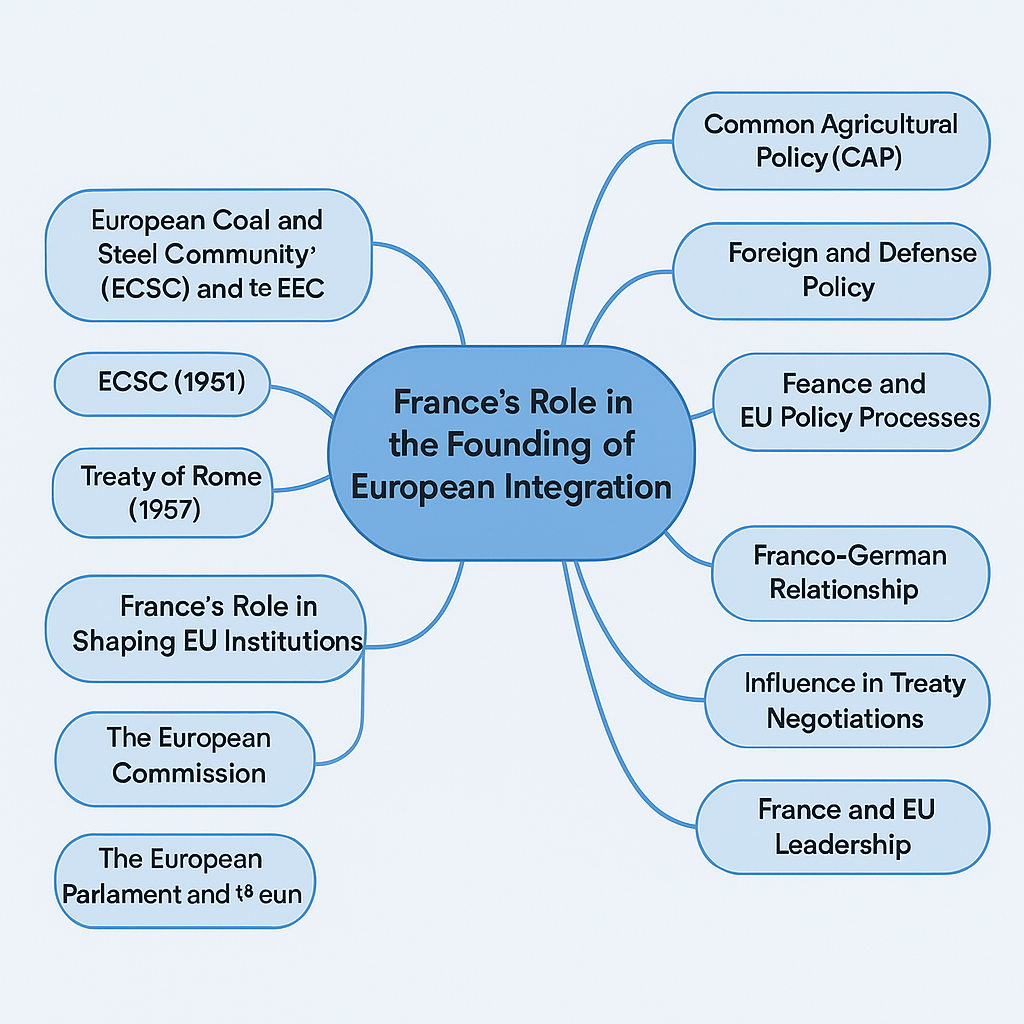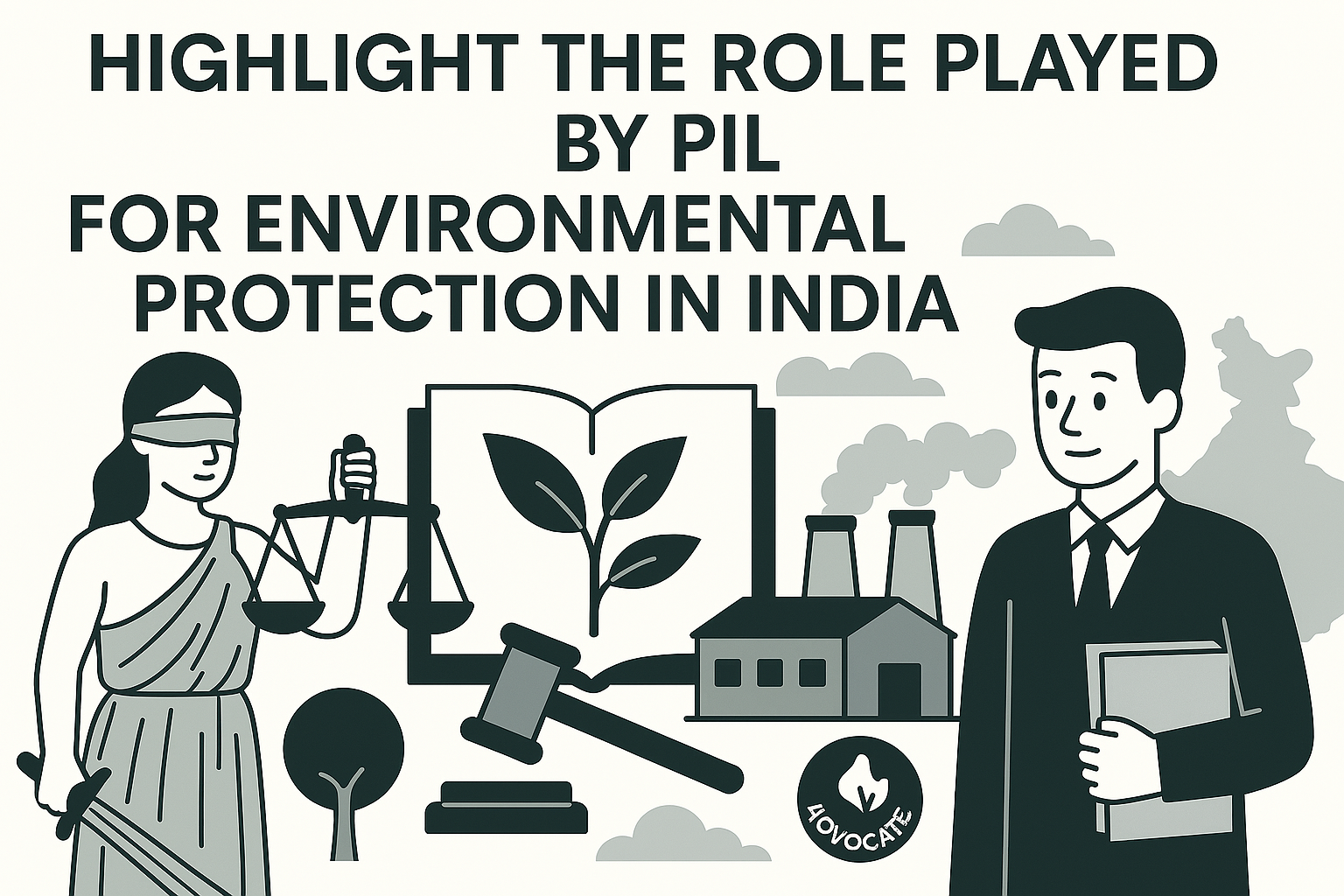-
 Continue reading →: The European Union has always seen linkages between trade, environment and sustainable development as unavoidable
Continue reading →: The European Union has always seen linkages between trade, environment and sustainable development as unavoidableThe European Union (EU), as a regional economic and political bloc, has consistently highlighted the interconnectedness of trade, environmental sustainability, and sustainable development in its policymaking and global governance approach. This linkage reflects the EU’s commitment to achieving economic growth while simultaneously promoting social equity and environmental protection. The EU…
-
 Continue reading →: Examine the issues and problems in India-European Union relations.
Continue reading →: Examine the issues and problems in India-European Union relations.The relationship between India and the European Union (EU) is multifaceted, covering a range of issues from political and economic cooperation to cultural exchange and security collaboration. Despite the longstanding nature of their ties, several challenges persist that complicate the full potential of this partnership. These issues are rooted in…
-
 Continue reading →: Discuss the challenges in the enlargement of the European Union in the post-Cold War years.
Continue reading →: Discuss the challenges in the enlargement of the European Union in the post-Cold War years.The enlargement of the European Union (EU) has been one of the most significant and transformative aspects of its history, particularly in the post-Cold War period. The expansion of the EU into Eastern Europe, the Balkans, and parts of the Mediterranean has been driven by the EU’s desire to promote…
-
 Continue reading →: India-European Union Strategic Partnership
Continue reading →: India-European Union Strategic PartnershipThe India-European Union (EU) Strategic Partnership represents a significant dimension of India’s foreign policy, characterized by political, economic, and cultural cooperation between two major global actors. The partnership, officially established in 2004, has evolved into one of the most comprehensive relationships between India and any international organization. The relationship is…
-
 Continue reading →: Reforms in Common Agricultural Policy (CAP) since the 1990s
Continue reading →: Reforms in Common Agricultural Policy (CAP) since the 1990sThe Common Agricultural Policy (CAP) has been one of the most significant and controversial aspects of the European Union’s (EU) policy framework since its inception. Designed in the 1960s to ensure food security, fair living standards for farmers, and stable markets, the CAP consumed a large share of the EU…
-
 Continue reading →: Discuss the role of France in shaping institutions and policy processes of the European Union.
Continue reading →: Discuss the role of France in shaping institutions and policy processes of the European Union.France has played a central role in the creation, development, and shaping of the European Union (EU), especially in the formative years following the end of World War II. As one of the founding members of both the European Coal and Steel Community (ECSC) and the European Economic Community (EEC),…
-
 Continue reading →: Highlight the role played by PIL for environmental protection in India giving any two examples
Continue reading →: Highlight the role played by PIL for environmental protection in India giving any two examplesPublic Interest Litigation (PIL) has emerged as a powerful legal tool for environmental protection in India, enabling citizens, NGOs, and activists to seek judicial intervention in matters concerning environmental degradation, pollution, and resource exploitation. Unlike traditional litigation, PIL allows even those who are not directly affected by an environmental issue…
-
 Continue reading →: Describe any two civil society initiatives in India for environmental protection.
Continue reading →: Describe any two civil society initiatives in India for environmental protection.Civil society in India has played a vital and often pioneering role in environmental protection by mobilizing public opinion, challenging unsustainable development, conserving biodiversity, and advocating for the rights of marginalized communities. These movements have not only addressed local ecological issues but also contributed to national and global discourses on…
-
 Continue reading →: Explain the procedures prescribed for decision-making in the European Union and its institutions.
Continue reading →: Explain the procedures prescribed for decision-making in the European Union and its institutions.The European Union (EU) operates on a complex system of decision-making procedures designed to balance the interests of Member States, EU institutions, and citizens. Decision-making in the EU involves multiple institutions, including the European Commission, the European Parliament, and the Council of the European Union. Over time, the EU has…
-
 Continue reading →: Describe the composition, functions, and role of the European Parliament.
Continue reading →: Describe the composition, functions, and role of the European Parliament.The European Parliament (EP) is one of the key institutions of the European Union (EU), playing a critical role in the legislative, budgetary, and supervisory functions of the Union. As the directly elected body of the EU, the Parliament represents the interests of its citizens, thereby enhancing the democratic legitimacy…
-
 Continue reading →: Critically examine neo-functionalism as a framework for understanding European integration.
Continue reading →: Critically examine neo-functionalism as a framework for understanding European integration.Neo-functionalism, as a theory of European integration, emerged in the mid-20th century, primarily articulated by Ernst B. Haas. It seeks to explain how integration progresses in regional groupings like the European Union by focusing on the role of non-governmental actors (such as interest groups and technocrats) and spillover effects that…
-
 Continue reading →: Bring out the importance of the Maastricht Treaty in the evolution of the European Union.
Continue reading →: Bring out the importance of the Maastricht Treaty in the evolution of the European Union.The Maastricht Treaty, officially known as the Treaty on European Union (TEU), signed on 7 February 1992 and entered into force on 1 November 1993, is widely regarded as a transformative milestone in the historical trajectory of European integration. It marks the formal birth of the European Union (EU) and…
WELCOME!
Yearly Archive
Categories List
- biodiversity
- Canada
- culture
- democracy
- economy
- European Union
- ignou
- india
- International Relations
- nature
- news
- political-philosophy
- political-science
- sustainability
- Uncategorized
- UPSC
Tag Cloud
agriculture ai business Canada china climate climate-change conservation diversity ethics european-union farming feminism finance gandhi health history ignou india KNOWLEDGE liberty mahatma-gandhi marxism nationalism nonviolence philosophy political-philosophy political-science political-theory politics poverty PSC religion renewable-energy russia socialism sociology sustainability sustainable-agriculture sustainable-living technology terrorism travel UPSC women
Term List
- africa
- agriculture
- ai
- aristotle
- bangladesh
- bjp
- business
- Canada
- china
- christianity
- climate
- climate-change
- conservation
- critical-theory
- digital-marketing
- diversity
- ecology
- elections
- ethics
- europe
- european-union
- faith
- farming
- fascism
- featured
- feminism
- feminist
- finance
- frankfurt-school
- freedom
- fundamentalism
- gandh
- gandhi
- gardening
- gender
- gender-equality
- global-warming
- government
- health
- herbs
- history
- human-rights
- ignou
- india
- inequality
- intellectual-property
- italy
- karl-marx
- KNOWLEDGE
- language
- law
- learning
- lenin
- liberty
- lifestyle
- linguistics
- mahatma-gandhi
- marx
- marxism
- mental-health
- MPS
- multicultural
- multiculturalism
- nationalism
- natural-remedies
- nonviolence
- organic-farming
- patents
- philosophy
- political-philosophy
- political-science
- political-theory
- politics
- pollution
- poverty
- PSC
- recycling
- religion
- renewable-energy
- russia
- socialism
- sociology
- soviet-union
- spirituality
- sustainability
- sustainable-agriculture
- sustainable-living
- teaching
- technology
- terrorism
- trademarks
- travel
- UPSC
- water
- water-conservation
- wellness
- wildlife
- women
- women-empowerment





